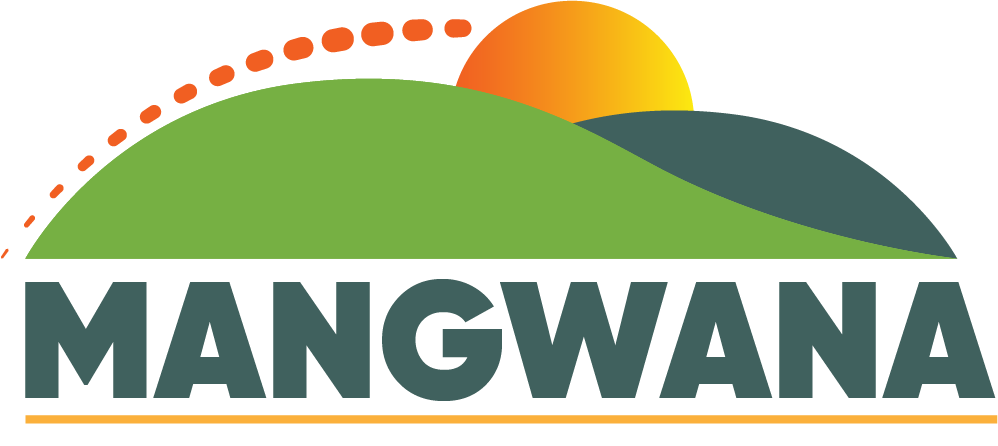MANGWANA

Feed the Future Mozambique Promoting Innovative and Resilient Agriculture Market Systems Activity (FTF Premier)
Cooperative Agreement No. 72065622CA00006
Project Summary,November 2022



Introduction
Mangwana—which means ‘tomorrow’ in local languages spoken along the corridor— seeks to transform the agricultural sector in the Manica and Sofala provinces to produce nutritious food for the people of the Beira corridor, especially women and children. The program will be carried out in partnership with Resilience, the Zambezi Valley Development Agency, and Agência de Desenvolvimento Económico da Província de Manica (ADEM).
Mangwana targets three key outcomes to address the significant challenges in the agricultural sector and ultimately transform the food systems in the Beira corridor:
- Supporting Smallholder Farmers: The program aims to build resilient livelihoods for smallholder farmers by promoting sustainable, productive, profitable, and resilient farming systems. Given Mozambique’s susceptibility to disasters, extreme climate conditions often disrupt food production, making the local food system unstable. To help farmers increase their yields and improve their resilience to climate and economic shocks, Mangwana will provide training on good farming practices, water management, and irrigation, as well as business skills. It will also help increase farmers’ access to finance.
- Promoting Private Sector Development: To create more profitable, climate-resilient, and inclusive farming systems, the program will strive to develop partnerships with the private sector by providing customized business advisory services and running a 6 million Euro grant fund to foster their development. It will primarily focus on:
- Organizing smallholder farmer cooperatives to attract the attention of larger private-sector actors that have a commercial interest in long-term sector growth. By linking SHFs to input and output markets, the program will improve production quality at the scale required by the market.
- Working with small and medium-sized intermediary agri-businesses like aggregators, input suppliers, and processors to improve their efficiency, helping them to create economic opportunity and drive higher incomes for smallholder farmers.
- Developing purchasing commitments with large companies. These commitments would ensure predictable, transparent prices and volumes for crop purchases; payment premiums based on quality; long-term purchase agreements; and other commitments that meet the needs of smallholder farmers. In turn, the large companies benefit from strengthened supply chains that more predictably provide crops in the volume and quality required. Given their scale and influence, these firms can, in turn, generate significant opportunities for youth and women employment.
- Enhancing the Enabling Environment: Working with the private sector, the program will identify and communicate the needs of smallholders, small commercial farmers, and micro, small, and medium-sized enterprises (MSMEs) to policymakers through public-private dialogue mechanisms. The focus on the enabling environment will also address food and nutrition security and land-use challenges.
Throughout all activities, gender and youth empowerment will be a priority, with a commitment to climate-smart and regenerative agriculture and the use of digital approaches to improve efficiency and outreach at low cost.
MANGWANA MAIN GOALS:
Mangwana’s work will ensure that 227,000 people will have more diverse and adequate diets. The program will also help 45,000 smallholder farmers increase their incomes and progress toward a living income. More than 15,000 women from smallholder farming families will progressively improve their agency — empowered to make economic choices that benefit them and their communities through enhanced business skills, strengthened leadership and personal agency, transformed societal norms, and collaborative ecosystem actors who provide a well-rounded support system for their success.
